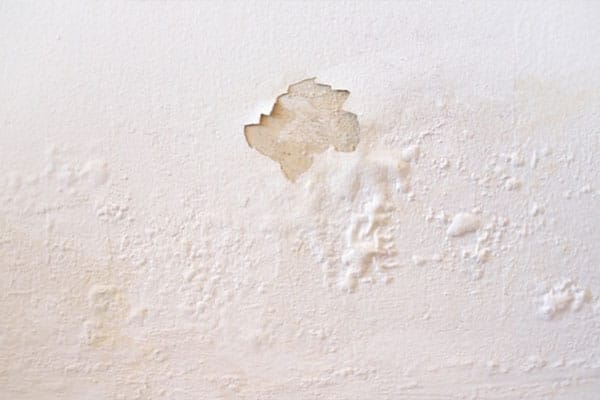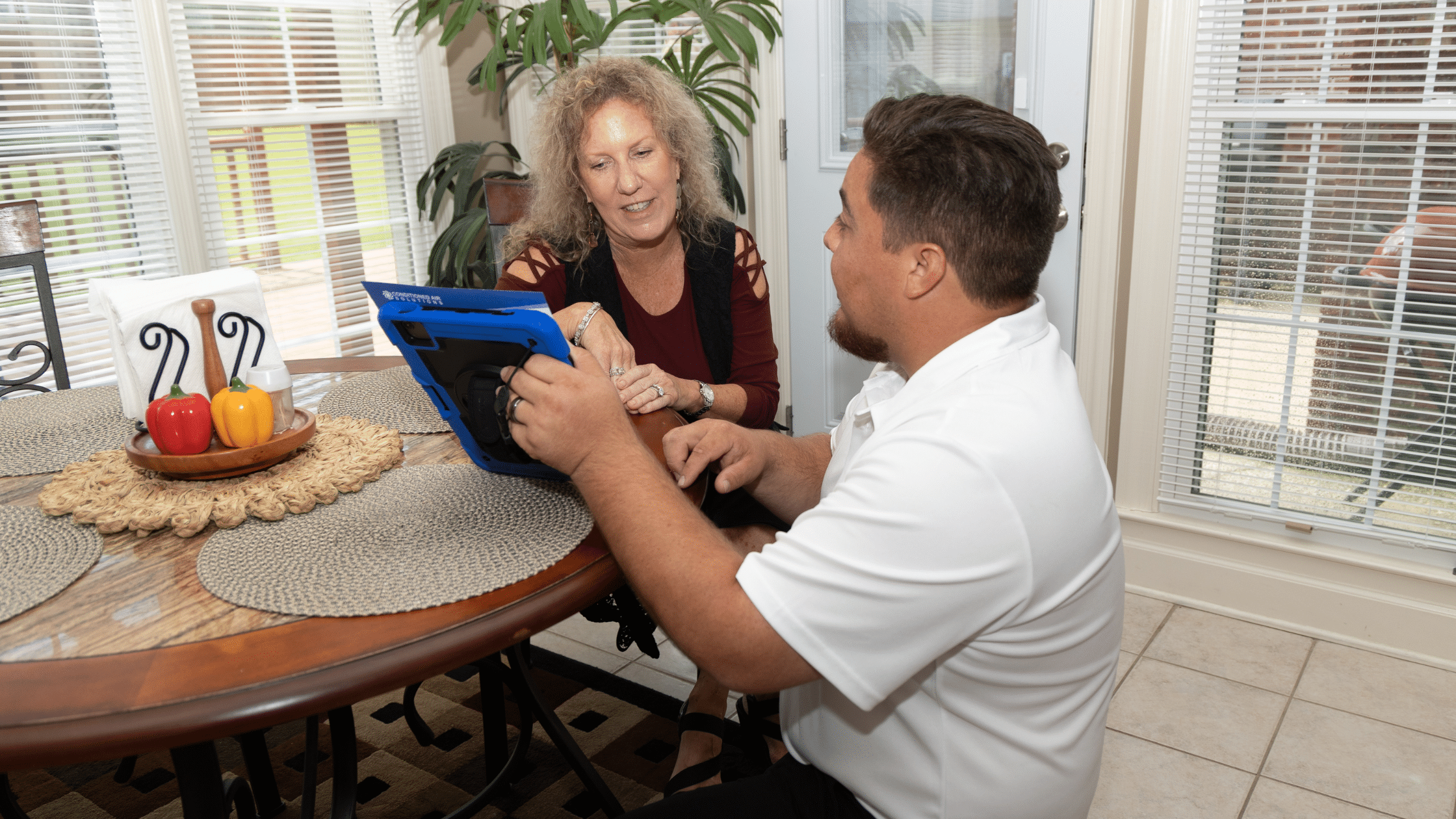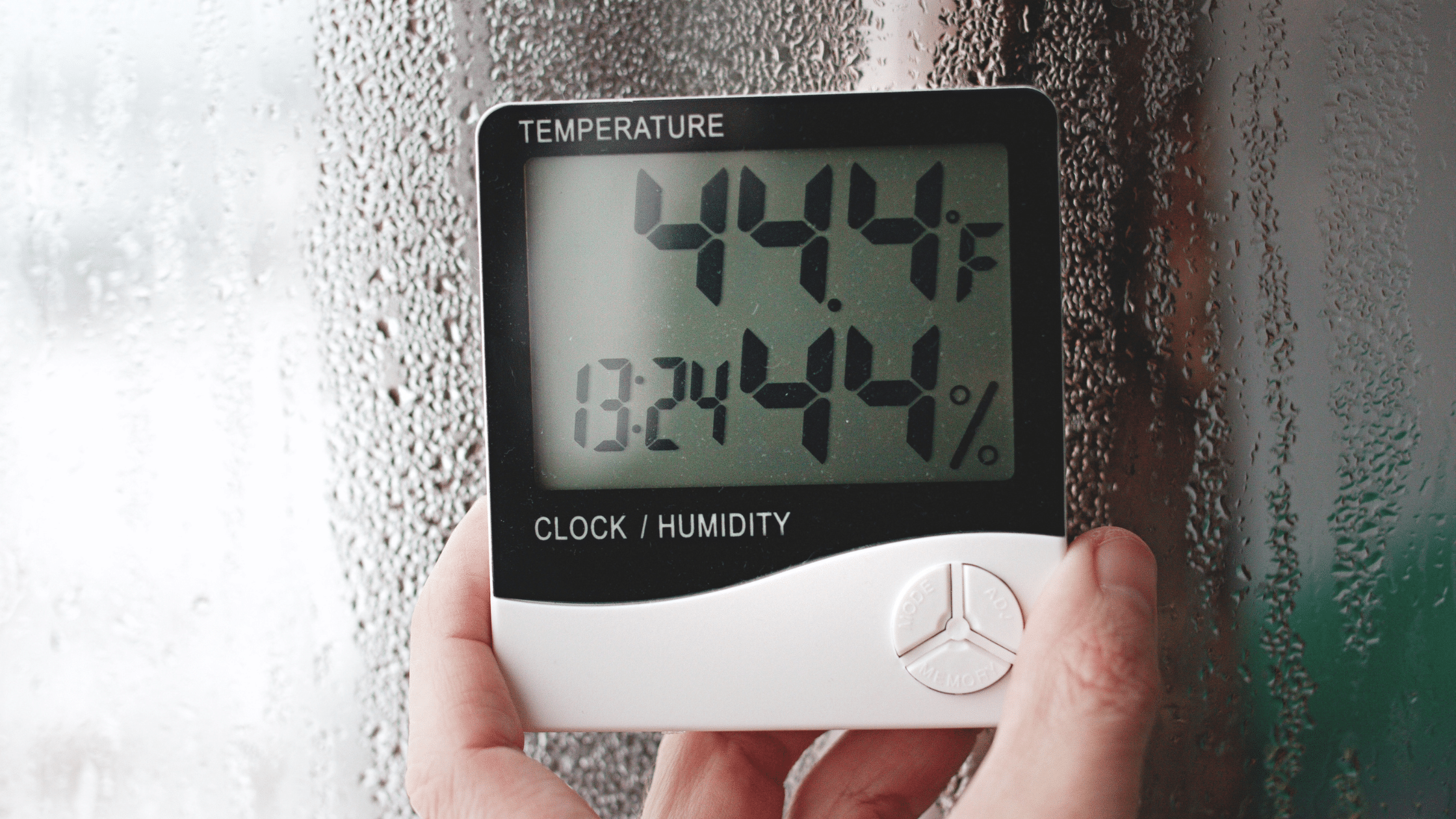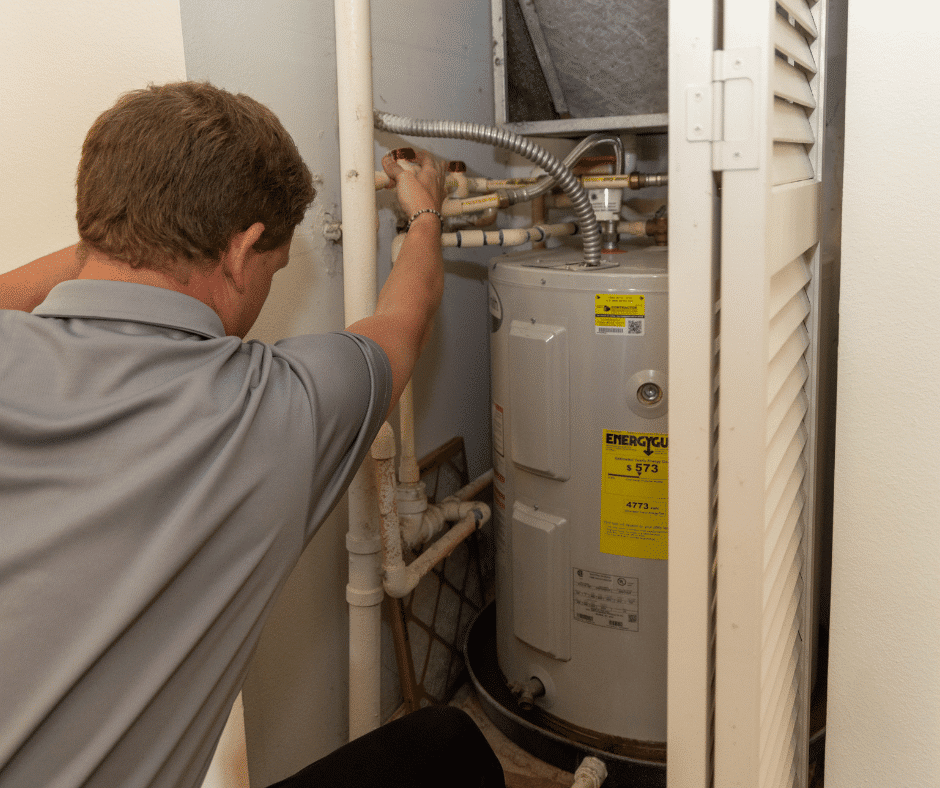You know HVAC system maintenance is important. It's the secret to keeping your home comfortable…

What Every Homeowner Needs to Know About Humidity
Everything You Need to Know About the Effects of Humidity on Your Home
Those in warmer climates are no stranger to humidity. It greets them every day for most of the year. In the summer months, it’s a heavy, cloying presence that makes the air feel thick and hot. In the fall, it eases up a little as temperatures drop. Winter is even less humid than fall, but the air is rarely “dry” in any sense of the word. Then levels come back up in spring. Humidity is part of life – no matter where someone lives. But it’s important for homeowners to know just what effects high and low levels of humidity have on their homes.
Why Do Humidity Levels Matter?
Humidity levels may not matter too much when people are outside. It may make things uncomfortable, whether that’s high or low humidity, but it’s not something that anyone can do anything about (besides moving, perhaps). But when it comes to the air in the home, humidity levels matter because if they’re allowed to get too high or too low, the home can become damaged. Not to mention the ill health effects it can have on those living inside the home.
People often talk about the moisture in the home as relative humidity. This is simply the amount of moisture the air can hold at a given temperature. The warmer the temperature, the more moisture the air can hold. The ideal levels for humidity in the home are between 30% and 50%. Levels on either side of this range can cause problems for the home and those in it.
Adding Moisture With a Humidifier
Although not a common issue in Tennessee, low moisture levels can cause problems in the home. When the air is too dry, it tends to pull moisture from wherever it can. People (and anything made of wood) take the brunt of this. Anyone living in the house may experience dry, cracked skin, painful sinuses, chapped lips, and scratchy throats. Essentially, dry air makes people feel like they have a cold when they don’t. Wood and paint can also suffer, causing paint to chip and wood to shrink and crack.
This is where a humidifier comes in handy. These appliances add moisture to the air, making it more comfortable by bringing humidity levels up to the desired range. Some homes need whole-home humidifiers, while others can get away with purchasing a couple of small ones that will bring moisture up in whatever room they’re used in. However, whole-home humidifiers are the best option for protecting the home itself and those in it.
Removing Moisture With a Dehumidifier
Just as too little humidity can cause problems, too much can also bring its own issues. When there’s too much moisture in the air, it can cause wood to swell – meaning furniture and the home’s structure. It can also promote the growth of mold and bacteria inside the house, which can cause serious respiratory illnesses. Plus, a home with high humidity is just plain uncomfortable.
Luckily, dehumidifiers are available. These appliances pull moisture from the air, protecting both the home and those living in it. While it’s true that a home’s AC unit should pull moisture from the air, sometimes the humidity levels are just too high for the AC system to handle alone. This is when a whole-home dehumidifier should be considered. But remember: it’s always best to talk to an HVAC professional about installing a humidifier or a dehumidifier!
About Scenic City Heating, AC & Plumbing
Scenic City Heating, AC & Plumbing has been proudly serving Chattanooga, TN, since 2000. They always have a live person answering the phones, and their technicians are all professionally certified. They also provide upfront pricing on every job. Call Scenic City today for questions about home humidity services!


